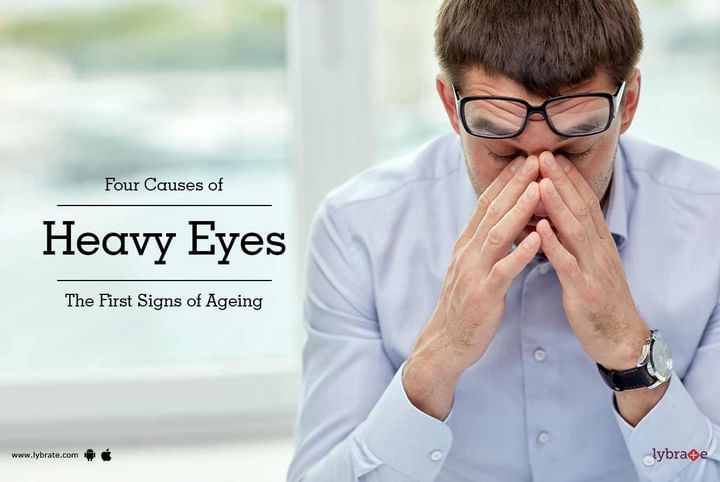Get the App
For Doctors
Login/Sign-up
Last Updated: Jan 10, 2023
BookMark
Report
Four Causes of 'Heavy Eyes' - The First Signs of Ageing
Dr. Pk TalwarCosmetic/Plastic Surgeon • 47 Years Exp.FAPS (Cosmetic Surgery)-USA,, M.Ch - Plastic Surgery, MS - General Surgery, MBBS
The skin around the eyes is usually one of the first areas to show signs of aging. There are four noticeable changes that occur around our eyes as we get older. These are:
- Sagging upper eyelids
- Eye bags
- Puffiness
- Scleral show
There are many causes for these conditions and they affect each person differently. While some people show signs of aging early, others continue to look youthful for longer.
Let's take a look at four common causes for our eyes to show signs of aging:
- Loss of fat and bone tissue: As we age, the fat in our facial muscles begins to clump up and shifts downwards. As this happens skin begins to sag. The loss of fat is also accompanied by a loss in bone tissue. This makes the skin under the eyes sag further as they lose their underlying support. A loss of fat and bone tissue also leads to hollow surfaces on the skin which results in dark circles.
- Loss of collagen: Collagen is a protein that gives the skin its strength and structure. It is also important in the production of new skin cells. Collagen production is affected by a number of factors such as exposure to UV radiation, smoking and high sugar intake. While these are controllable factors, one uncontrollable factor that affects the production of collagen is aging. As the number of candles on our birthday cakes increases, the production of collagen reduces. With the loss of collagen, skin becomes thinner and veins become more visible. This also results in a thinner epidermis that makes fine lines appear and causes wrinkles around the eyes.
- Loss of elasticity: Along with collagen the other protein responsible for the firmness of skin is elastin. Elastin helps the skin return to its original state after being stretched or pinched. As we grow older, the production of elastin is also reduced. This loss of elasticity is visible around the eyes as skin begins to droop. The eyelid muscles are also one of the most used muscles in our body. We use them unconsciously every time we open and close our eyes, squint, wink etc. As the amount of elastin is reduced the eyelid skin no longer returns to its normal state every time it is used. Thus it triggers the appearance of wrinkled skin around the eyes.
- Weak muscles: Muscles also grow weaker as we get older. This causes the fat sacks to protrude through the skin leading to bags under the eyes and puffiness. A weak levator muscle responsible for lifting the upper eyelids can also cause the eyelid to appear droopy.



+1.svg)
